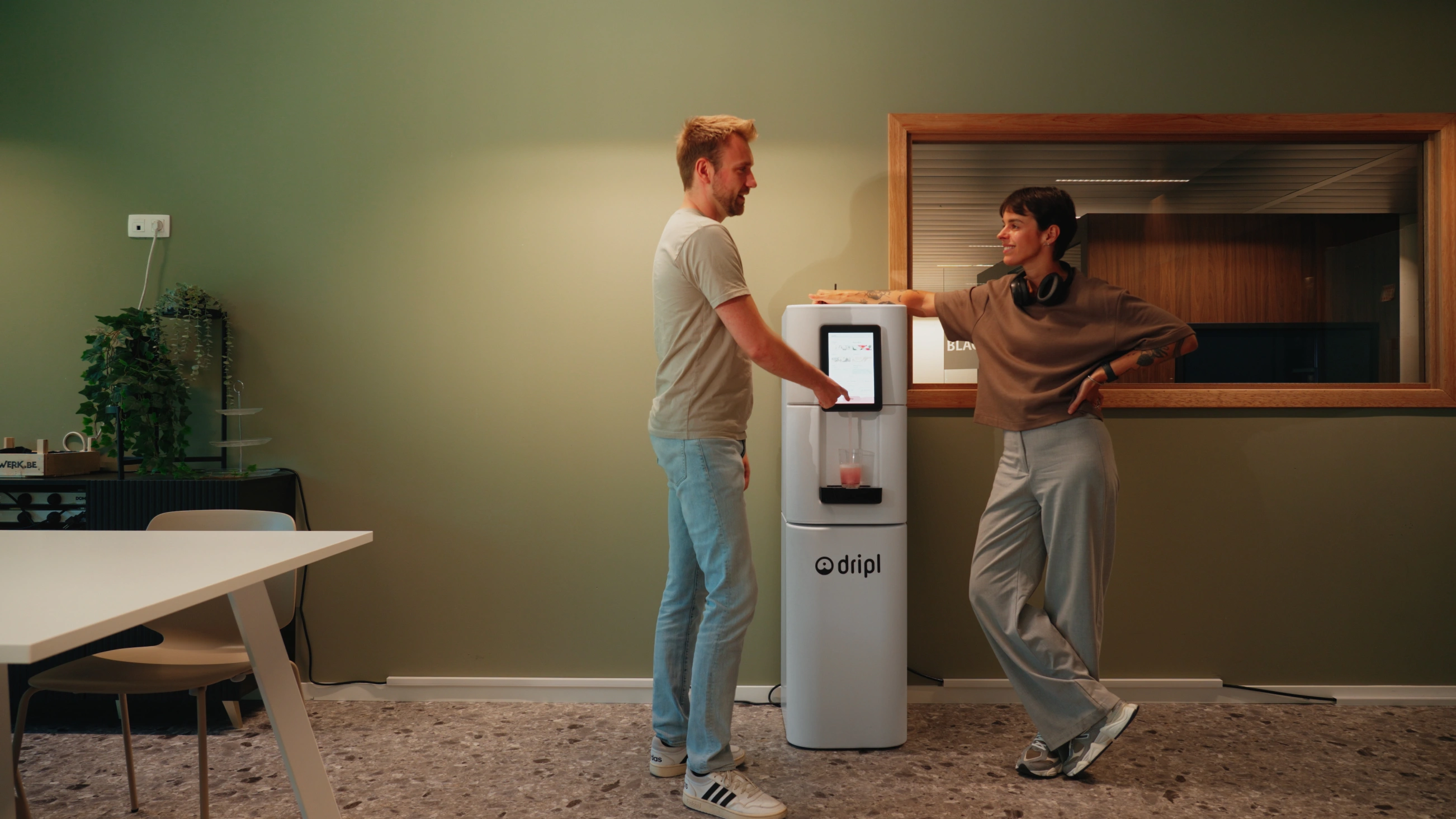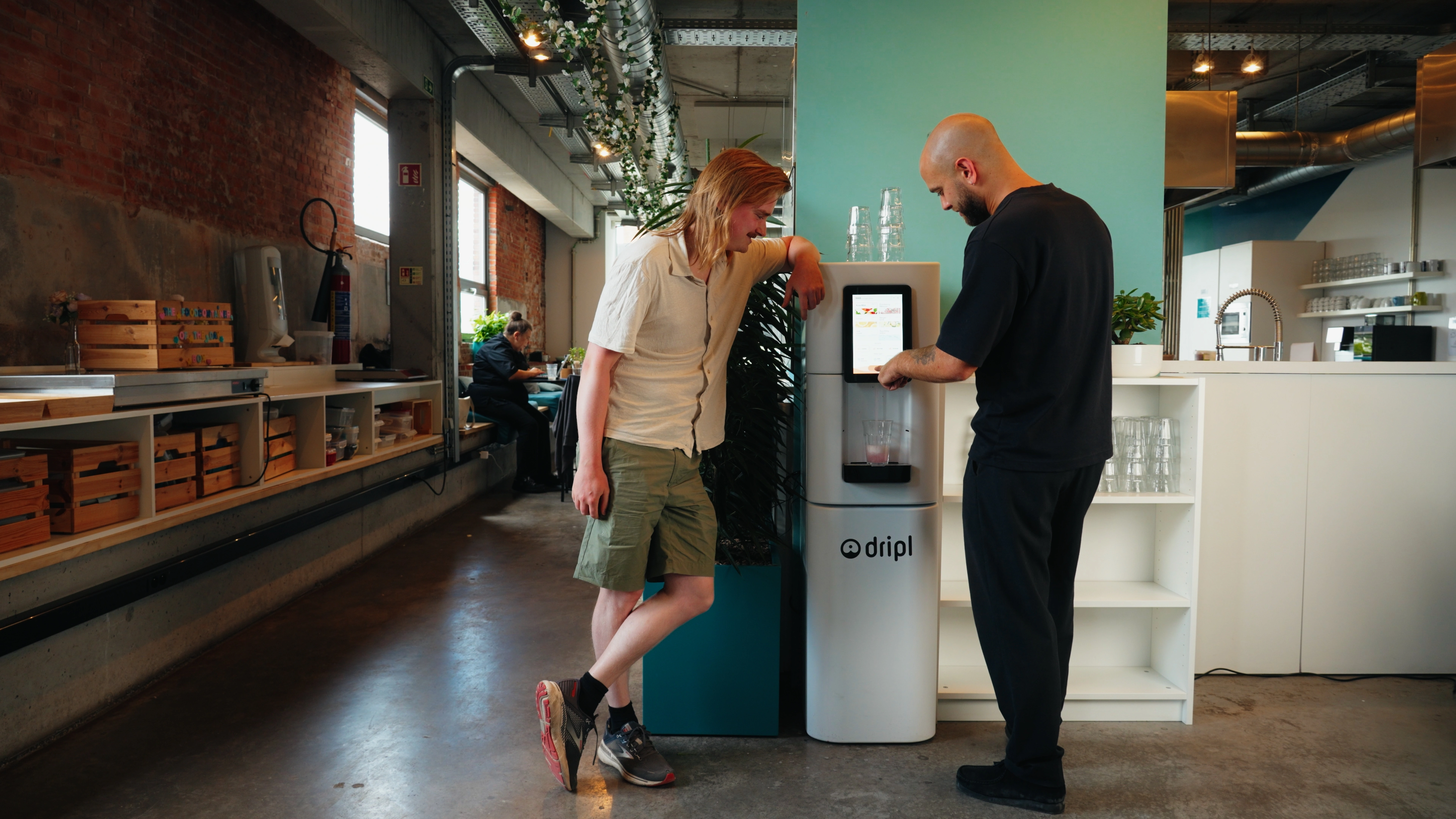All blog posts
Deposit money will be mandatory in the Netherlands from April 1st

It's no news that plastic pollution is polluting our oceans and endangering countless species. It's a major problem not only in the Netherlands, but worldwide. It's high time we take initiatives to reduce this mountain of waste. One such initiative is the introduction of a deposit system. This will finally become mandatory in the Netherlands starting April 1, 2023.
The introduction of a deposit on plastic bottles and cans is a significant step in the fight against plastic pollution. According to the Dutch government, approximately 1.5 billion plastic bottles and 1 billion cans end up in the streets, in nature and in the ocean. This is immensely harmful to the environment, and on top of that, it costs a fortune to clean up.
This process wasn't without its challenges. For years, there was debate about whether or not it should be mandatory. Some parties feared the system would be too expensive and would only lead to more bureaucracy and red tape. Others, however, believed that deposits were an effective tool for combating plastic pollution.
The introduction of a deposit system provides a financial incentive to clean up waste. When you buy your plastic bottle or can in the store, you pay an additional fee. You get that money back when you return the empty bottle or can to a special collection bin or vending machine. The hope is that this will make it more attractive for many consumers to dispose of their waste properly instead of leaving it lying around. The result? Less litter and more recycling!

We don't need to tell you by now that this rule is good for the environment. Deposits are also good for the economy. Because more recycling will take place, less new material needs to be produced, which means lower costs. Moreover, it's good for jobs in the recycling sector.
Ultimately, the Dutch government decided to make deposits mandatory. This means that from April 1, 2023, all plastic bottles and cans in the Netherlands must have a deposit. This applies to all packaging under 3 liters, regardless of whether they are sold in supermarkets or other stores. The deposit system is not new. It has been in use in Germany, Norway, and other European countries for years. As a result, considerable experience and knowledge have been built up on how best to implement the system. The Netherlands can therefore benefit from this experience and implement the system quickly and effectively.

It's no news that plastic pollution is polluting our oceans and endangering countless species. It's a major problem not only in the Netherlands, but worldwide. It's high time we take initiatives to reduce this mountain of waste. One such initiative is the introduction of a deposit system. This will finally become mandatory in the Netherlands starting April 1, 2023.
The introduction of a deposit on plastic bottles and cans is a significant step in the fight against plastic pollution. According to the Dutch government, approximately 1.5 billion plastic bottles and 1 billion cans end up in the streets, in nature and in the ocean. This is immensely harmful to the environment, and on top of that, it costs a fortune to clean up.
This process wasn't without its challenges. For years, there was debate about whether or not it should be mandatory. Some parties feared the system would be too expensive and would only lead to more bureaucracy and red tape. Others, however, believed that deposits were an effective tool for combating plastic pollution.
The introduction of a deposit system provides a financial incentive to clean up waste. When you buy your plastic bottle or can in the store, you pay an additional fee. You get that money back when you return the empty bottle or can to a special collection bin or vending machine. The hope is that this will make it more attractive for many consumers to dispose of their waste properly instead of leaving it lying around. The result? Less litter and more recycling!

We don't need to tell you by now that this rule is good for the environment. Deposits are also good for the economy. Because more recycling will take place, less new material needs to be produced, which means lower costs. Moreover, it's good for jobs in the recycling sector.
Ultimately, the Dutch government decided to make deposits mandatory. This means that from April 1, 2023, all plastic bottles and cans in the Netherlands must have a deposit. This applies to all packaging under 3 liters, regardless of whether they are sold in supermarkets or other stores. The deposit system is not new. It has been in use in Germany, Norway, and other European countries for years. As a result, considerable experience and knowledge have been built up on how best to implement the system. The Netherlands can therefore benefit from this experience and implement the system quickly and effectively.
FAQs
Get your free quote
Get your personalised quote today. We’ll get back to you soon.




-min.png)